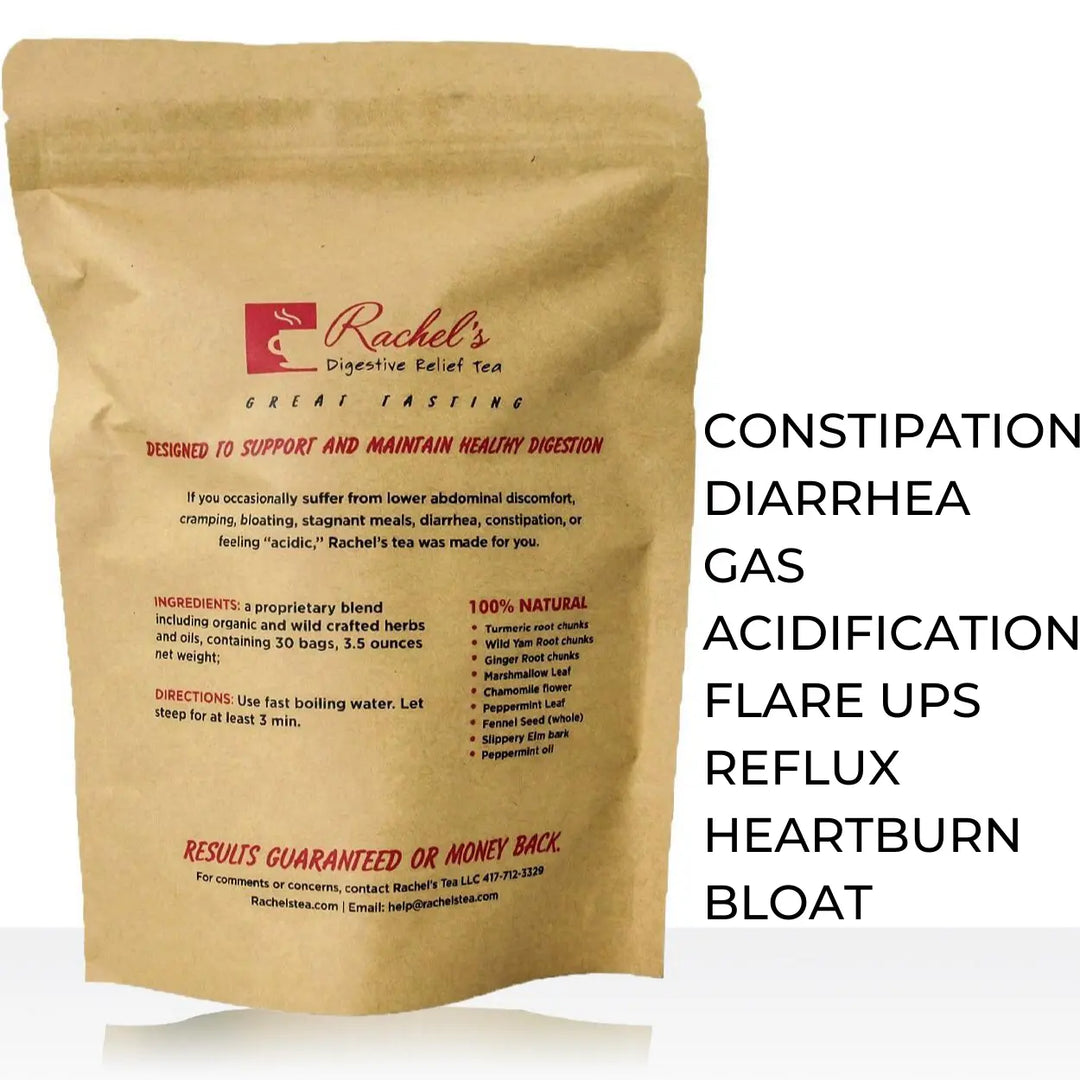Dealing with a Flare-Up and Low Weight

Everyone wants to maintain a healthy weight. But it's challenging for the people who have digestive disorders. Most people want to lose weight. For best results, they choose health programs like Pain-Free Foods or Catalyst Food Avoidance. But what about people who are struggling with low weight and flare-ups or attacks? They should go for an eating plan or start a 48-72 hour liquid diet first. This article will simplify things about weight loss and weight gain. It will tell How to deal if your weight is dangerously low.
Why Are You Struggling with Low Weight?
In a society where obesity is increasing day by day. It's important to understand the main issue which is why you are struggling with weight loss. Digestive disorders might be the reason why you are underweight Here are some key factors:
1. Body type matters: Endomorphs and weight loss
There are three main body types:
- Ectomorph
- Mesomorph
- Endomorph
If you are an “endomorph”, you may have a naturally slender body and find it harder to gain weight. Endomorphs can lose weight more easily. They face difficulty in maintaining or increasing their weight, even under ideal circumstances.
2. Illness and Digestive Disorders
The cause of unexpected weight loss can be frequent illness and digestive disorders. If your digestive system isn’t functioning properly then your body is not able to absorb nutrients. Your weight will not increase, even if you're eating regularly. Are you thinking, Do digestive disorders run in families? But, it does not, it depends on environmental factors and diet.
3. Malnutrition and Nutrient Deficiencies
Malnutrition can be due to the lack of food and digestive disorders. Due to digestive disorders, it's difficult for the body to absorb nutrients efficiently. The damaged digestive tract can be due to inflammation, infection and an imbalance in gut bacteria. You can't maintain your weight if nutrients like vitamins, minerals, proteins, and fat are not absorbed properly. There is another reason for it. Fear of eating due to painful symptoms like bloating, cramps, diarrhea and constipation also lead to weight loss.
4. Stress and High Metabolism
High stress levels and a fast metabolism with a digestive disorder result in continued weight loss. High stress promotes digestive symptoms. That makes it more difficult to maintain a healthy weight.
5. Limited Food Choices
People with digestive disorders learn to stick to a few foods. Because they don't want to experience discomfort. Due to this, they are left with a few food choices. This leads to nutritional deficiencies which prevent weight gain. Incorporate herbs that help get rid of acid reflux and heartburn into your daily routine for better results.
Practical solutions for gaining weight with digestive disorders
You can gain weight with digestive disorders. But, Supplements, diet, or a combination of both for digestive relief? For this, you need to follow the following steps:

1. Catalyst Food Avoidance Plan
You can opt for a high-calorie and non-acid forming meal plan to gain weight. These plans are in the Catalyst Food Avoidance plan. The main focus of this plan is nutrient-rich foods. These foods are gentle on the digestive system and rich in calories and nutrients for weight maintenance. You can also add home remedies for heartburn in your daily routine.
2. Consider Supplements

Supplements play an important role in addressing specific issues that are related to malnutrition and stress. For example:
-
Rachel’s Turmeric Extract: People who have gone through traumatic stress (such as the loss of a loved one or financial hardship), can go for turmeric supplements. These supplements can manage stress-related weight loss.
-
Rachel’s Digestive Tea: Digestive tea has a high dose of turmeric. It supports digestive health, reduces inflammation and improves the mucosal lining. It calms the digestive tract, promotes better absorption of nutrients and reduces mood-related stress.
- Some other supplements are GSE liquid, GSE tablets, probiotics, slippery elm supplements and Tummy gummies.
3. Flare-Up Protocol
A 48-hour liquid diet is recommended during times of flare-ups. It can reduce inflammation and allow your digestive system to rest. It can result in temporary weight loss. But the ultimate goal is to normalize digestion and help your body to start absorbing nutrients. It leads to long-term weight gain. Are you having night acid reflux constantly? then read, I get acid reflux at night… what do I do?
Related posts:
- What Are Probiotic Supplements and Why Should We Use Them
- Can Probiotics Be Used for Constipation, Diarrhea and IBS?
Regaining Control of Your Weight and Health
Weight loss can be due to digestive issues. The journey of regaining a healthy weight starts by understanding the main cause of your condition. Many reasons for weight loss include malnutrition, an endomorph body type, stress, and a limited diet due to digestive discomfort.
By incorporating nutrient-rich foods and non-acidic foods from the Catalyst Food Avoidance plan you can gain weight. You can restore your digestive health by utilizing the right supplements and following the flare-up protocol. Always seek medical advice if you have a severe weight loss issue.












